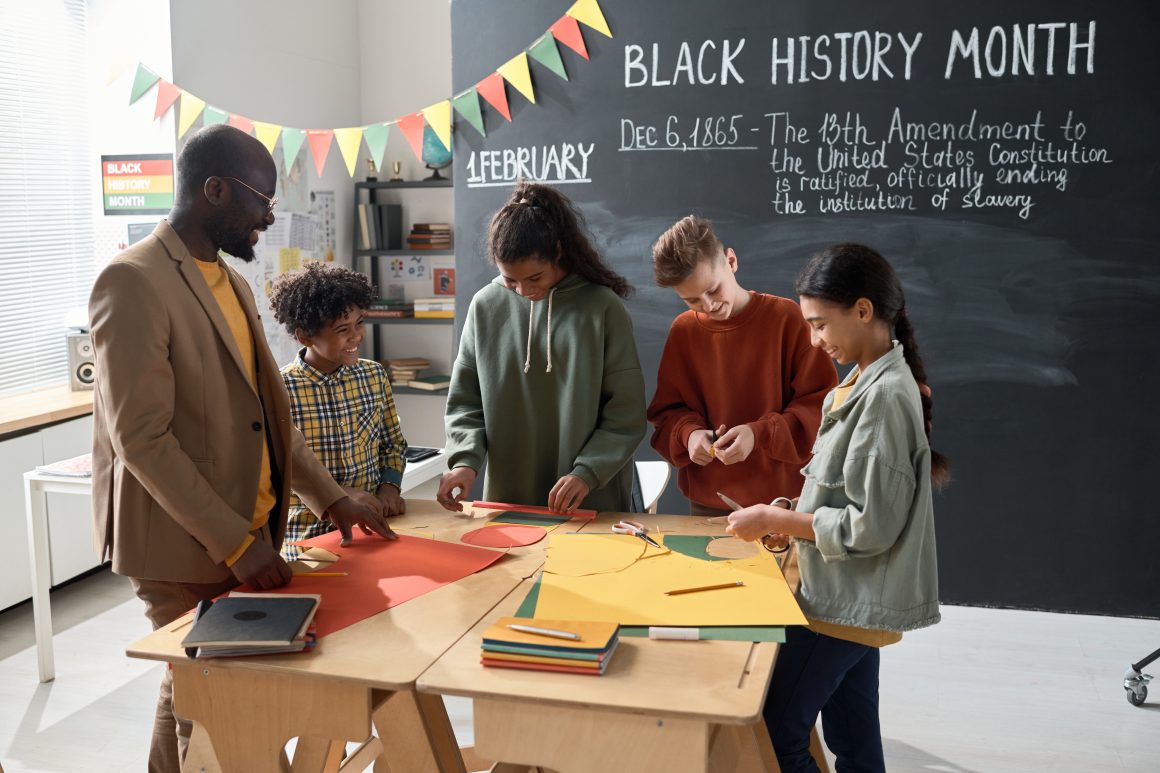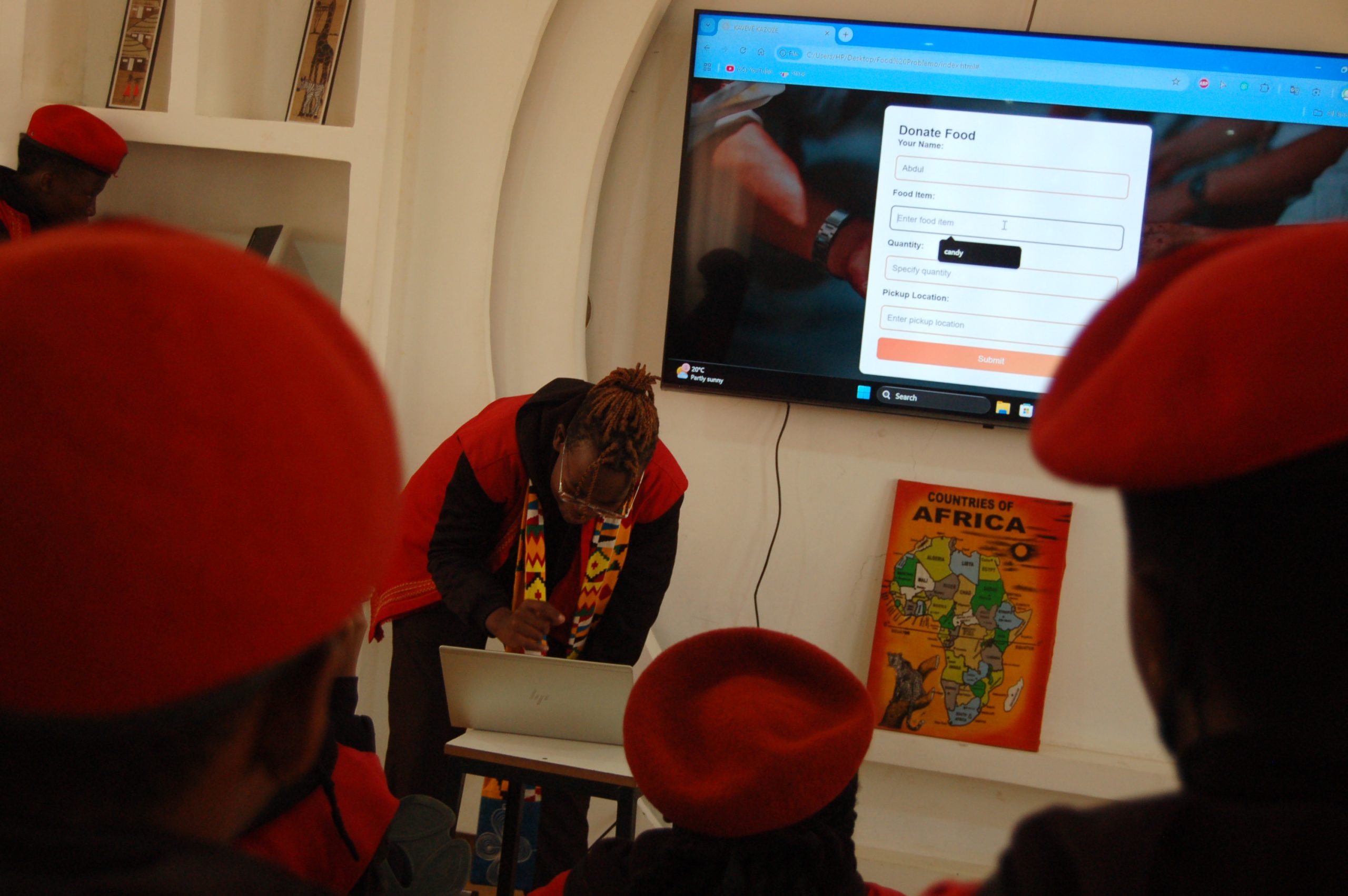Why Conventional Educational Systems No Longer Meet Modern Learners’ Needs
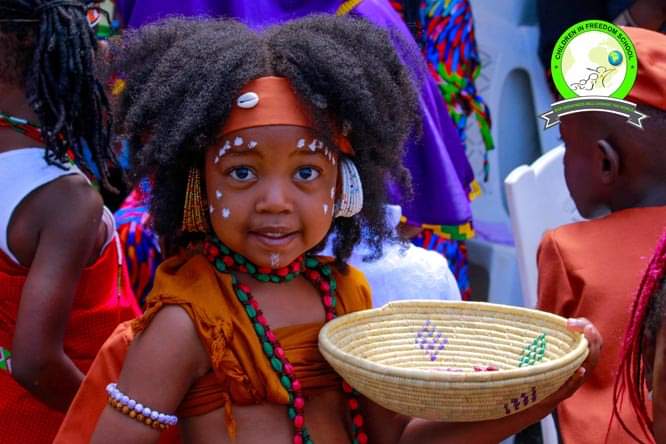
Across much of Africa, the classroom still bears the fingerprints of a colonial past.
Curricula remain heavily influenced by systems designed to produce clerks, not creators — memorization over meaning, replication over reflection.
While these models once served administrative economies, they now constrain innovation in a continent brimming with the youngest population on Earth.
According to the World Bank (2023), 9 out of 10 children in sub-Saharan Africa cannot read or understand a simple story by age 10 — the highest rate of “learning poverty” in the world. This staggering figure reflects not a lack of intelligence, but a lack of relevance. Students often learn in languages they do not speak at home, study histories that exclude their communities, and engage with examples that have little to do with their lived realities.
The result? Many master content without mastering context. They pass exams, yet feel disconnected from the subjects they study and the societies they inhabit. As a result, education — the very tool meant to empower — can unintentionally alienate.
Technology and infrastructure matter, but the true transformation begins elsewhere.
The solution is not just more digital tools — it’s deeper cultural relevance.
Because when students see themselves reflected in their learning, they rediscover the purpose of learning itself.
The FISA Approach — Blending Indigenous Knowledge with Global Inquiry
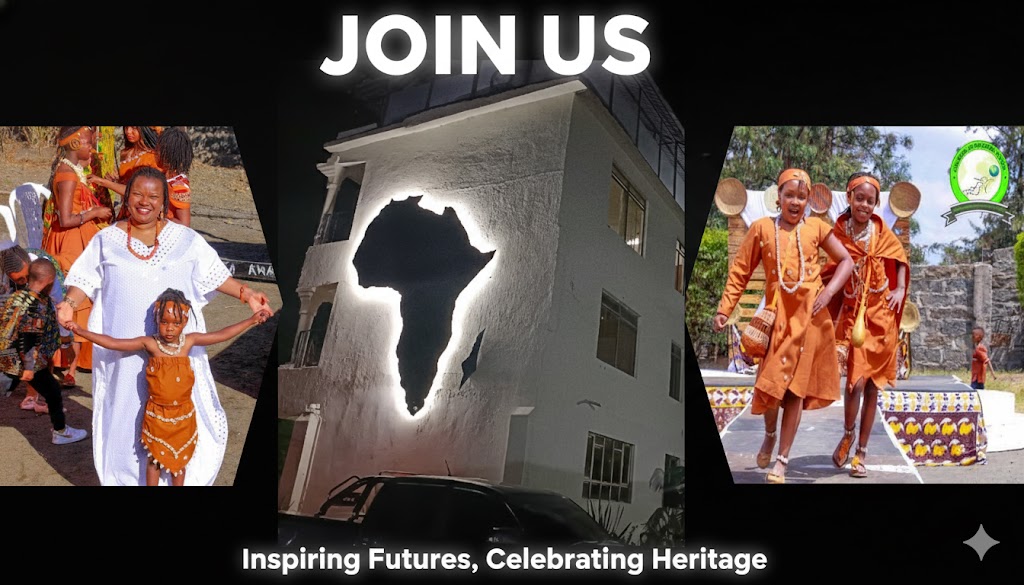
At Freedom International Schools–Africa (FISA), education begins with identity.
Our model fuses the Afrocentric philosophy of learning through culture with the International Baccalaureate (IB) framework — a globally recognized system built on inquiry, reflection, and critical thinking.
This Afrocentric–IB approach does more than teach facts; it teaches connections.
Students explore science through indigenous innovation — understanding aerodynamics through traditional weaving or engineering through the design of African architecture.
They study ethics through oral literature, discover economics through local markets, and code simple games in Kiswahili, proving that global technology can grow from local roots.
By aligning cultural heritage with global standards, FISA helps learners achieve both competence and confidence.
Here, a child doesn’t have to choose between being African and being excellent.
As our educators often say:
“At FISA, we don’t teach students about the world in isolation — we teach them through their world.”
This is what modern learning can look like — rooted, relevant, and ready for the future.
Case Examples — When Culture Walks into Class
At FISA, culture isn’t a subject — it’s the atmosphere of learning itself. Every hallway, classroom, and lesson hums with the rhythms of Africa’s diversity. Students learn not only about culture but through it — finding confidence, creativity, and belonging in the process.
STEM Through Local Innovation
Science and mathematics come alive when they speak the language of a child’s world.
At FISA, learners explore physics through Kenyan architecture, testing balance and load-bearing by modeling huts, bridges, and granaries built with indigenous techniques. They experiment with traditional water filtration systems using sand and charcoal — learning chemistry through solutions that have sustained communities for generations.
In agriculture modules, they study climate adaptation through African soil and crop systems, merging indigenous farming wisdom with modern sustainability science. The result: students who see themselves not as passive recipients of imported knowledge, but as innovators continuing their ancestors’ legacy.
Storytelling as Leadership
Every culture teaches a story — and Africa has thousands of them.
In FISA’s language and history classes, learners engage with folktales, proverbs, and epics not just as literature, but as leadership blueprints. A story about Anansi or Nasreddin isn’t only entertainment — it becomes a case study in strategy, ethics, and empathy.
Through guided discussions, students analyze how characters solve conflicts, make decisions, or build alliances — skills central to leadership and civic responsibility. Storytelling exercises double as public-speaking training, helping even the shyest students find their voice and their values.
Civic Lessons Through Heritage
Governance isn’t confined to textbooks; it’s woven into Africa’s living traditions.
Social studies classes examine justice through Rwanda’s Gacaca courts, democracy through Kenya’s baraza system, and conflict resolution through traditional elders’ councils across the continent.
These examples show students that fairness, accountability, and participation are not Western imports — they’re deeply African ideals. Civic education becomes a rediscovery of self-worth, preparing learners to lead with both competence and conscience.
A Culture of Everyday Pride
Even the small things matter.
Each classroom bears the name of an African thinker, scientist, or artist — from Wangari Maathai to Chinua Achebe, Nelson Mandela to Dinkʼinesh —turning every wall into a living archive of inspiration.
Students wear African attire , learn in both their mother tongues and one other local dialect, and share African meals like ngwaci, sukuma wiki, and matoke during lunchtime.
These daily rituals do more than celebrate identity — they normalize it.
When children see that their food, language, and heroes belong in education, they begin to believe they belong too.
The Bigger Picture — Redefining What Learning in Africa Looks Like
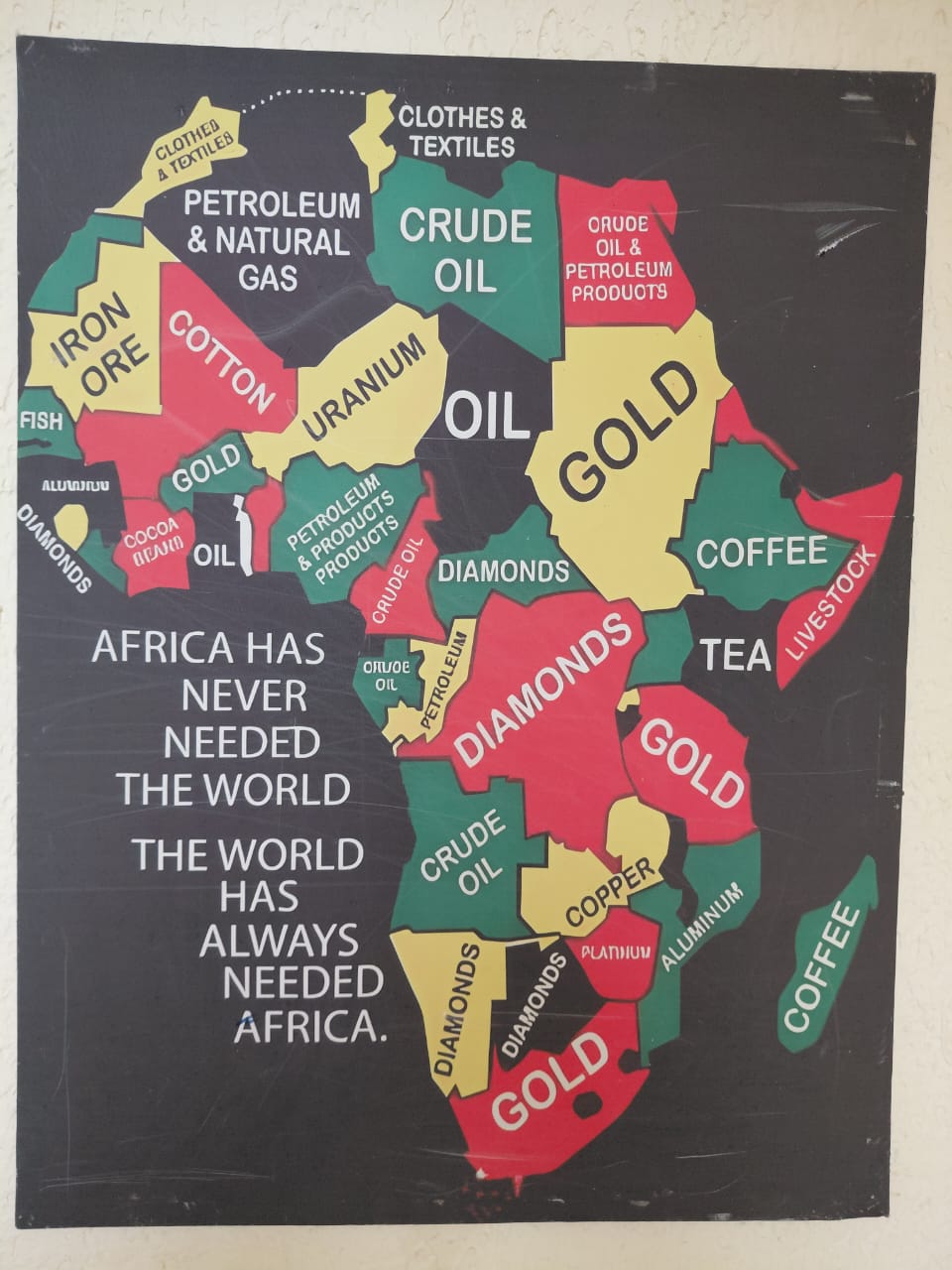
What we see unfolding in FISA’s classrooms is more than academic success — it’s a quiet revolution.
These children are not only learning formulas, grammar, and history; they are learning who they are and why it matters. When a student can trace innovation from the pyramids to renewable energy, or leadership from Ubuntu to modern governance, they realize that progress does not have to come from elsewhere — it can begin right here, at home.
This is how an education system becomes a nation-building tool.
Instead of preparing young people to leave, it prepares them to lead.
Instead of training job seekers, it raises problem solvers, thinkers, and creators — young Africans equipped to design solutions for African realities.
Yet the beauty of this model is its universality.
The Afrocentric approach doesn’t belong only to Africa; it speaks to the world’s need for education that values identity, empathy, and belonging. Whether in Nairobi or New York, Shanghai or São Paulo, classrooms thrive when learning feels human — when culture and curiosity meet.
Creating Future-Ready Leaders
FISA prepares students not just for exams but for life. The curriculum includes life skills, technology, and financial literacy. Students learn to adapt to change and embrace new technologies, ensuring they are ready for the future.
Workshops and seminars with industry leaders give students insights into potential career paths. They learn about the skills and attitudes needed to succeed in various fields. By connecting education with real-world applications, FISA equips students to face future challenges confidently.
🌍📚💪🏾
FISA’s Legacy Project approach to education is transformative. By blending African heritage with global perspectives, it creates a learning environment where students are proud of their roots and prepared for the world. This is more than education; it’s a movement towards a brighter future.


